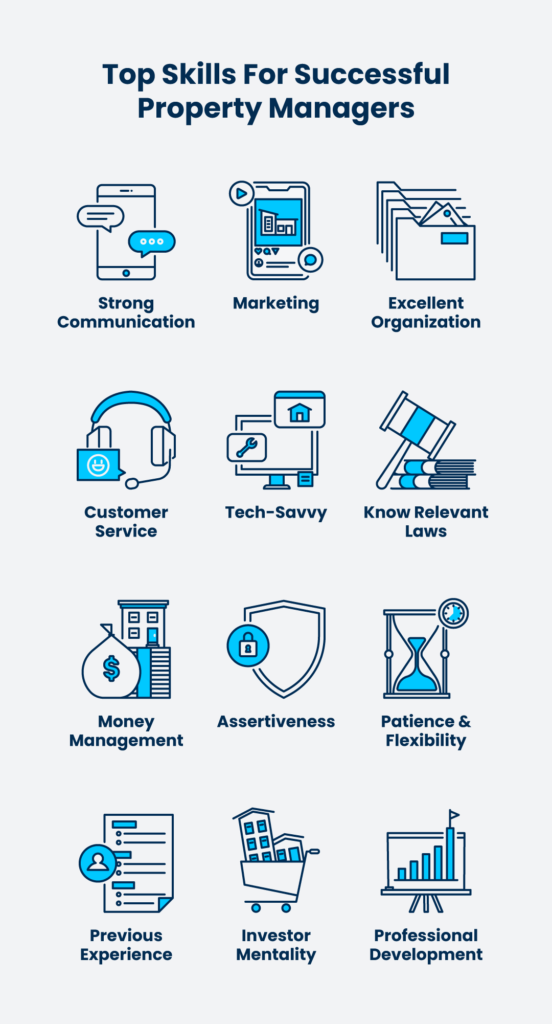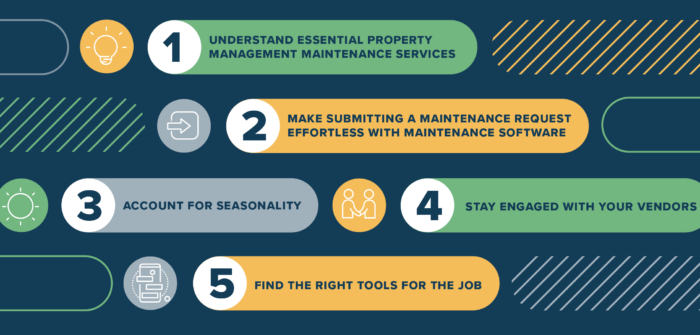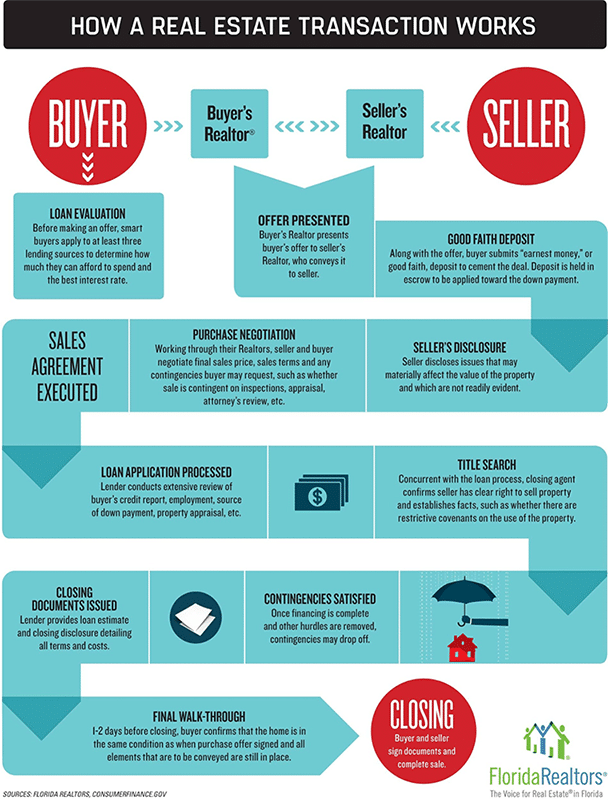Discover the insider secrets of top property managers that are guaranteed to skyrocket your success in the real estate industry.

Image courtesy of Asiama Junior via Pexels
Table of Contents
- Introduction to Property Management Success
- Getting Started as a Property Manager
- Building Relationships with Tenants
- Maintenance and Upkeep
- Financial Management for Properties
- Navigating Legalities
- Effective Advertising and Marketing
- Time Management for Property Managers
- Growing Your Property Management Business
- Facing Challenges Head-On
- Continuous Learning and Improvement
- Conclusion
- FAQs
Introduction to Property Management Success
Welcome! Have you ever wondered what it takes to be successful in managing properties? Property management is all about taking care of buildings, apartments, or houses on behalf of the owners. By following some expert tips and advice, property managers can ensure that everything runs smoothly and tenants are happy. Let’s dive into the world of successful property management and learn how to excel in this important role.
Getting Started as a Property Manager
Becoming a property manager can be an exciting and rewarding career choice. It involves taking care of properties, ensuring tenants are happy, and handling various responsibilities to keep things running smoothly. If you’re thinking about becoming a property manager, here are some essential tips to help you get started on the right foot.
Understanding the Role
As a property manager, your main job is to oversee rental properties on behalf of property owners. This includes tasks like collecting rent, handling maintenance requests, and addressing tenant concerns. You’re essentially the middle person between the property owner and the tenants, making sure everything is in order.
The Right Tools
To succeed as a property manager, having the right tools is crucial. Consider using property management software to help you keep track of rent payments, maintenance schedules, and tenant information efficiently. These tools can streamline your work and make your job much easier in the long run.
Building Relationships with Tenants
One of the most important aspects of being a successful property manager is communication. By communicating effectively with your tenants, you can build trust and ensure that they feel heard and valued. Whether it’s responding promptly to maintenance requests or keeping them informed about any changes or updates, clear and open communication is key to maintaining a positive relationship with your tenants.

Image courtesy of www.turbotenant.com via Google Images
Tenant Retention Strategies
Happy tenants are more likely to stay in your property, which is beneficial for both you as a property manager and the tenants themselves. To keep your tenants satisfied and wanting to renew their lease, consider implementing tenant retention strategies such as regular check-ins to assess their needs, addressing any concerns promptly, and showing appreciation for their tenancy. Building a strong relationship with your tenants can lead to long-term success in property management.
Maintenance and Upkeep
In property management, taking care of the properties you oversee is crucial for success. Proper maintenance ensures that tenants are happy and that the properties remain in good condition. Let’s explore some best practices when it comes to maintenance and upkeep.
Regular Inspections
One key aspect of property management is conducting regular inspections of the properties. By inspecting the units and common areas on a routine basis, property managers can identify any issues early on before they become major problems. This proactive approach helps to maintain the property’s value and keeps tenants satisfied.
Quick Repairs
Another important aspect of maintenance is addressing repair needs promptly. Whether it’s a leaky faucet, a broken door, or a malfunctioning appliance, quick repairs show tenants that their concerns are taken seriously. By promptly addressing maintenance issues, property managers can prevent small problems from escalating into larger, more costly issues.
Financial Management for Properties
Managing the financial aspect of properties is one of the key components of successful property management. This involves various tasks such as collecting rent from tenants and budgeting for expenses to ensure the property remains in good condition. Let’s delve into some important aspects of financial management for properties.

Image courtesy of www.buildium.com via Google Images
Rent Collection Methods
When it comes to collecting rent from tenants, property managers have the opportunity to choose from various methods to ensure an efficient process. Some common rent collection methods include:
1. In-Person Payments: Tenants can physically drop off their rent check at the property management office.
2. Online Payments: Property managers can set up online portals for tenants to pay their rent digitally, making the process quick and convenient.
3. Automated Payments: Setting up automated recurring payments can help ensure that rent is collected on time each month.
Budgeting for Expenses
Proper budgeting for expenses is crucial for maintaining the property and covering any unforeseen costs that may arise. Some key aspects to consider when budgeting for property expenses include:
1. Fixed Costs: Identify fixed expenses such as mortgage payments, property taxes, insurance, and regular maintenance costs.
2. Variable Costs: Consider variable expenses like repairs and upgrades that may vary month-to-month.
3. Emergency Fund: Setting aside a reserve fund for unexpected expenses can help handle any emergency repairs or issues that may arise.
By effectively managing rent collection and budgeting for expenses, property managers can ensure the financial stability and success of the properties they oversee.
Navigating Legalities
As a property manager, it’s crucial to understand the ins and outs of leases and contracts. Leases are formal agreements between you as the property manager and the tenant renting the property. These documents outline the terms of the rental agreement, such as rent amount, lease duration, and any rules or regulations that tenants must abide by. Contracts may also be necessary for maintenance services or other agreements related to the property. It’s essential to ensure that all leases and contracts are clear, legally sound, and protect both parties involved.
Staying Up-to-Date on Laws
Property management is not just about managing properties; it also involves complying with a range of laws and regulations. These laws cover areas like fair housing, health and safety codes, eviction procedures, and more. It’s vital for property managers to stay informed about any changes or updates to these laws to avoid legal issues. By regularly educating yourself on the legal requirements in your area and ensuring your practices align with them, you can protect both your business and your tenants.
Effective Advertising and Marketing
When you have a property to manage, finding the right tenants is crucial. That’s where advertising and marketing come in. These strategies help you showcase your property and attract the perfect tenants. Let’s explore some tips to make your property stand out.
Image courtesy of fitsmallbusiness.com via Google Images
Creating Compelling Listings
One of the first steps in advertising your property is to create a compelling listing. This listing should highlight the best features of your property, such as its location, size, amenities, and any unique selling points. Make sure to include clear and high-quality photos to give potential tenants an accurate view of the property.
Using Digital Marketing
In today’s digital age, online platforms and social media play a significant role in advertising properties. Utilize these tools to reach a wider audience of potential tenants. You can create targeted ads on social media platforms or list your property on popular rental websites to increase visibility. Engaging with your audience through social media can also help build relationships with potential tenants.
| Success Tips | Description |
|---|---|
| 1. Communication | Effective communication with tenants, landlords, and team members is essential for successful property management. |
| 2. Organization | Keeping track of property details, lease agreements, maintenance schedules, and financial records is key to efficient management. |
| 3. Problem-Solving | Being able to quickly address and resolve issues that arise with tenants, properties, or staff members is crucial for success. |
| 4. Market Knowledge | Staying informed about local real estate trends, rental rates, and regulations can give property managers a competitive edge. |
| 5. Customer Service | Providing excellent customer service to tenants and landlords can help build long-lasting relationships and a positive reputation. |
Time Management for Property Managers
As a property manager, you have a lot on your plate. From overseeing maintenance to handling tenant issues, your to-do list can seem never-ending. That’s why mastering time management is crucial to ensuring that everything runs smoothly and efficiently. Let’s dive into some techniques for managing tasks and time effectively.
Prioritizing Tasks
One of the key aspects of effective time management is knowing how to prioritize tasks. By identifying which tasks are urgent and important, you can focus your energy on the most critical aspects of property management. For example, responding to maintenance requests promptly and addressing tenant concerns should take precedence over less time-sensitive matters.
Using Technology to Save Time
In today’s digital age, there are numerous technological tools available to help streamline property management tasks and save time. Utilizing property management software can simplify processes such as rent collection, maintenance tracking, and communication with tenants. Automation tools can send reminders for routine inspections or lease renewals, freeing up your time to focus on other responsibilities.
Growing Your Property Management Business
Expanding your property management business involves taking strategic steps to attract new clients and manage additional properties. Here are some tips to help you grow your business successfully.

Image courtesy of theclose.com via Google Images
Networking and Relationships
Building strong relationships within the real estate industry can open doors to new business opportunities. Attend local networking events, join professional associations, and connect with real estate agents to expand your network. Remember, word-of-mouth referrals can be a powerful tool in attracting new clients.
Expanding Your Portfolio
Consider adding new properties to your management portfolio to increase your revenue potential. Look for properties that align with your expertise and target market. Conduct thorough market research to identify potential investment opportunities and assess the financial viability of each property before taking on new clients.
Facing Challenges Head-On
As a property manager, one of the most common challenges you may encounter is dealing with difficult tenants. These are tenants who may not pay rent on time, cause disturbances, or violate lease agreements. It can be stressful, but there are strategies to help you manage these situations effectively.
First and foremost, it’s essential to maintain professionalism and remain calm when addressing issues with difficult tenants. Keeping a level head can help de-escalate tense situations and lead to more productive resolutions.
Communication is key when dealing with difficult tenants. Clearly lay out the issue at hand and discuss possible solutions together. Listen to their concerns and try to find common ground to resolve the problem amicably.
Documenting all interactions with difficult tenants is crucial. Keep records of conversations, emails, and any action taken to address the situation. This documentation can be valuable if legal proceedings become necessary.
If the situation escalates and you are unable to reach a resolution with a difficult tenant, don’t hesitate to seek legal advice. Consulting with a lawyer experienced in landlord-tenant law can provide you with guidance on how to proceed within the bounds of the law.
Remember, facing challenges like dealing with difficult tenants is part of the job as a property manager. By approaching these situations with professionalism, effective communication, and a level-headed attitude, you can navigate these challenges successfully and maintain a positive relationship with your tenants.
Continuous Learning and Improvement
As a property manager, it is important to understand that the learning process never stops. Continuous education and the willingness to adapt to new practices are key components for long-term success in this field. By staying up-to-date and open to improvement, you can ensure that you are providing the best possible service to your clients and tenants.
Image courtesy of fitsmallbusiness.com via Google Images
Attending Workshops and Seminars
One way to enhance your knowledge and stay current in the world of property management is by attending workshops and seminars. These events provide valuable insights, industry trends, and networking opportunities that can help you grow professionally. By learning from experts and interacting with peers, you can gain new perspectives and ideas to implement in your own management strategies.
Learning from Experience
Every challenge you face as a property manager is an opportunity to learn and improve. Whether it’s dealing with difficult tenants, navigating legalities, or managing maintenance issues, each experience can provide valuable lessons. Reflecting on past situations, analyzing what went well and what could have been done better, will help you grow and become more effective in your role.
Conclusion
In conclusion, being a successful property manager requires a combination of essential skills, strategies, and tips to navigate the challenges in this field. By following expert advice and implementing best practices, property managers can effectively manage properties, maintain tenant relationships, handle finances, and grow their business portfolio.
Throughout this guide, we have discussed various tips and strategies, such as effective communication with tenants, regular property maintenance, efficient rent collection methods, the importance of networking, and continuous learning. These practices are crucial for property managers to achieve long-term success and overcome common challenges in the industry.
Remember, property management is a dynamic and rewarding field that offers opportunities for growth and development. By staying informed about legal requirements, leveraging technology for time management, and prioritizing tasks effectively, property managers can streamline their operations and provide outstanding service to tenants and property owners alike.
FAQs
What Does a Property Manager Do Every Day?
A property manager is responsible for overseeing a property and ensuring that everything runs smoothly. They may start their day by checking for any maintenance issues, communicating with tenants to address concerns, collecting rent from tenants, and managing the property’s finances. Think of them as the person who takes care of all the day-to-day tasks to keep a property in good shape.
How Do Property Managers Find Tenants?
Property managers use various methods to find tenants for a property. They may create compelling listings that showcase the property’s best features and advertise them online or in newspapers. Property managers also conduct property showings to prospective tenants, screen applicants to find the right fit, and handle all the paperwork involved in leasing a property.
Is Being a Property Manager Hard?
Being a property manager can be challenging at times, but it can also be rewarding. Property managers need to juggle multiple tasks, such as handling tenant concerns, managing property maintenance, and staying on top of legal requirements. However, the satisfaction of ensuring that properties are well-maintained and tenants are happy can make the job fulfilling.
Idaho Poperty Management
